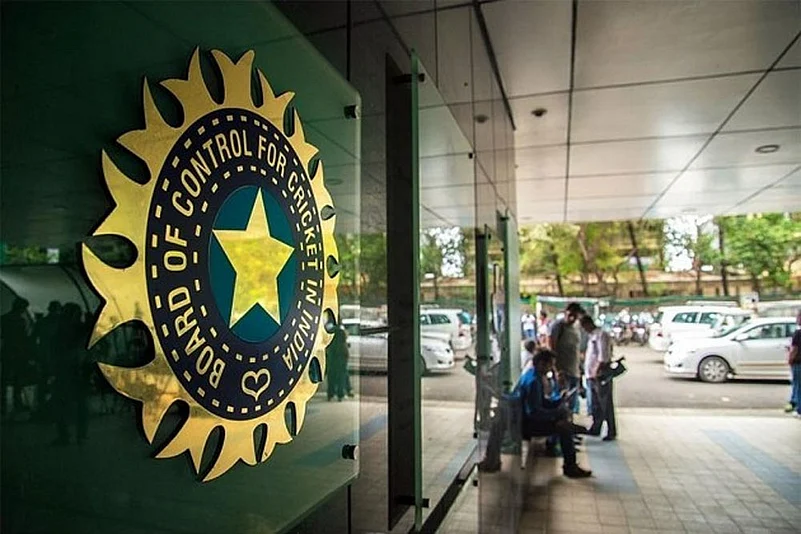One may well call it Privthi Shaw-effect, a reluctant Board of Control for Cricket in India (BCCI) on Friday formally agreed to come under the ambit of the National Anti-Doping Agency (NADA). The ground-breaking development ended years for defiance from one of the strongest sports bodies in the world.
In the process, the richest cricket body has also become a National Sports Federation despite being financially autonomous.
Sports Secretary Radheshyam Jhulaniya, who along with NADA DG Navin Agarwal met BCCI CEO Rahul Johri along with the Board's GM (Cricket Operations) Saba Karim in Delhi on Friday, said that the Board has given in writing that it would adhere to the anti-doping policy of NADA.
"All cricketers will now be tested by NADA," Jhulaniya told PTI.
It's worth mentioning that Shaw, one of the most talented batsmen in world cricket, failed a dope test and was subsequently handed an eight-month ban by the BCCI. The 19-year-old took full responsibility for unknowingly consuming the banned anti-asthma drug, Terbutaline.
"The BCCI raised three issues before us about the quality of the dope testing kits, competence of pathologists and sample collection.
Shaw, however, s not the first Indian cricketer to have 'caught' using Terbutaline. Last year, veteran all-rounder Yusuf Pathan also had inadvertently ingested the prohibited substance to be suspended for five months.
"We assured them that whatever facilities they want, we will provide but there will be some charge for it. BCCI is no different from others," he added.
The BCCI had been vehemently opposed to signing up with NADA, claiming that it is an autonomous body, not a National Sports Federation and does not rely on government funding.
However, the sports ministry has also been steadfast in maintaining that it had to come under the NADA ambit.
It recently held back clearances for the tours by South Africa A and women's teams and it was speculated that this was done to pressurise BCCI into accepting anti-doping norms.
BCCI's fresh stance makes it clear that Johri got the go-ahead from the Supreme Court-appointed Committee of Administrators (CoA), headed by Vinod Rai, to sign the agreement on dotted lines.
Earlier in March, the BCCI had agreed to get into a conditional tri-partite agreement with NADA and ICC. Jhulaniya had, however, made it clear that the Board cannot sign any agreement with a government body without the ministry's consent.
NADA hadn't signed that previous agreement in which the BCCI stated that their "chaperons" will collect the samples instead of NADA's designated DCOs. The Board said it didn't trust NADA DCOs "due to stories of goof-ups that consistently appear".
With the BCCI officially coming under the NADA ambit, the possibility of agreeing to RTI is becoming more and more real even though Johri sidestepped the query.
"The RTI issue is a different subject altogether. It was not in today's meeting agenda," Johri said.
















